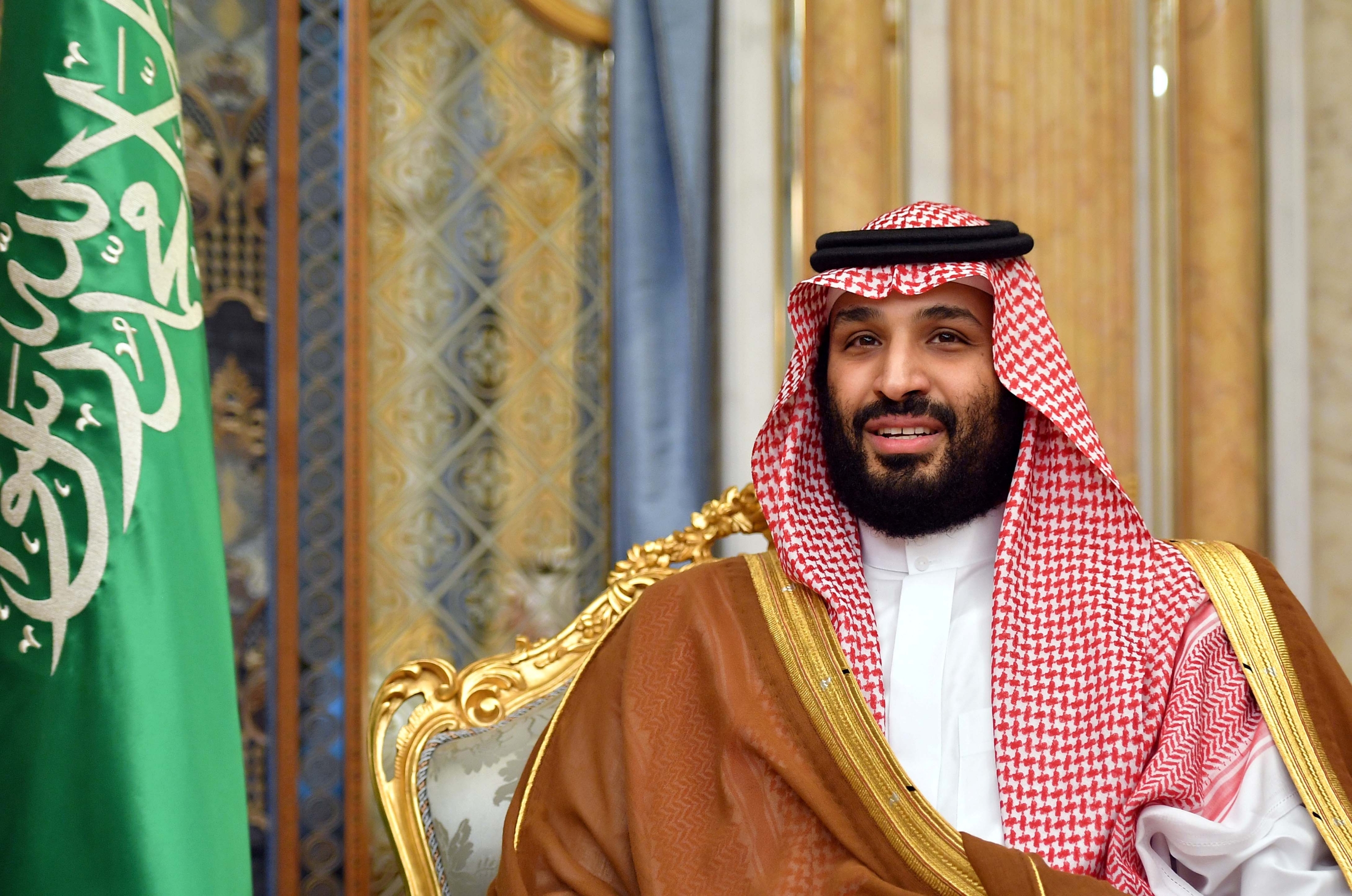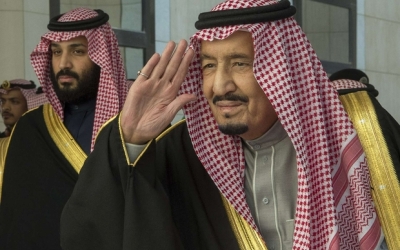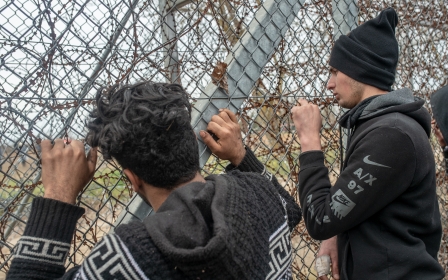Arabic press review: MBS' lust for power ignites a royal family feud

Have differences inside Saudi Arabia's royal family been ignited?
The arrests of a number of princes in Saudi Arabia, including former Crown Prince Muhammad bin Nayef, have raised questions of unity among the ruling royal family, and whether the latest developments could lead to the disintegration of the House of Saud, a detailed report by Arabi21 reads.
The director of the Gulf Studies Centre, Mahjoub Zweiri, said that the arrests of the princes "are a de facto attempt by Prince Mohammad bin Salman to ... to implement a political transition by making the crown prince directly in charge, and then resolving matters in his favour."
London-based Saudi dissident Yahya Asiri asserted that the family is "in its weakest cases, and bin Salman’s authoritarianism is increasing this family's disintegration".
"One of the most important elements for the ruling family to remain in power is its unity, which no longer exists," added Asiri, according to Arabi21.
He explained that "members of the ruling family were previously monopolising power and were dominant, but this tyranny has now become focused and transferred to Prince Mohammad bin Salman and his father. This significantly indicates that tyranny is moving from bad to worse, and that the country is moving from a dangerous stage to another more dangerous one".
Asiri pointed out that "Saudi Arabia's situation has become more dangerous than before, because the fall and demise of the rule of the family of Saud is more imminent than ever, as there is currently no guarantee that the fall of bin Salman at the hands of a member of his family or one of the intelligence staff can be prevented".
Egypt forms naval commandos squad to target Turkish interests
Egyptian and Libyan sources revealed that Egypt, backed by the UAE, has formed a special naval operations commandos squad comprised of dozens of Libyan fighters, in order to carry out operations against Turkish naval interests in Libyan territorial waters, London-based newspaper Al-Araby Al-Jadeed reported.
The military squad is aimed at hindering and blocking the military aid coming in from Ankara to the Government of National Accord (GNA) in Tripoli through the Mediterranean Sea, according to the newspaper.
The same sources indicated that a number of Libyan fighters arrived in eastern Libya last week after they were trained by the Egyptian Navy in one of the naval bases for this purpose.
According to the sources, this group, consisting of about 50 fighters, will serve as the nucleus of a special naval operations squad, noting that this squad will receive another batch of fighters who are still undergoing intensive training at one of the Egyptian naval bases.
According to the same sources, the UAE is providing militias in eastern Libya with advanced naval boats, in order to carry out the missions assigned to them.
Director of Egyptian Intelligence visits Syria secretly
The director of the Egyptian General Intelligence, Minister Abbas Kamel, secretly visited Damascus on 2 March, and met a number of Syrian officials, the pro-Damascus newspaper Al-Watan reported on its Twitter account.
Well-informed sources said that "Major General Ali Mamlouk, head of the National Security Office, received Kamel and that both discussed the developments of the war on terrorism in Syria and the situation in the region," according to the newspaper.
Syrian websites said that Kamel's visit to Damascus comes after secret intensive visits he made to a number of Arab countries, most notably Tunisia, Algeria and Libya, in order to form an intelligence security coalition to confront the Turkish presence inside the Syrian territories.
Coronavirus threatens Egyptians' jobs
A number of Egyptian nationals working in Arab Gulf states have expressed fears, including the loss of their jobs, after most Gulf countries stopped flights to Egypt, while Cairo has not taken any action to protect them, a report by Arabi21 said.
A number of experts called on the Egyptian government to take action and preserve the interests of its nationals in light of this crisis, holding the government partly responsibility due to a lack of transparency, following the emergence of a number of cases identified as having been infected with the virus, according to the report.
On Saturday, Oman's Public Authority for Civil Aviation (PACA) announced the suspension of irregular flights between the sultanate and Egypt, stipulating that expatriates residing in the country should present a certificate clearing them of the coronavirus before entering Oman.
The Kuwaiti cabinet meanwhile had decided to suspend air traffic for a week with seven countries, including Egypt.
Qatar also decided to prevent the entry of various nationalities, including Egypt, in a bid to put an end to the spread of the virus.
Many Egyptians have been affected by these recent measures taken by the Gulf states, as they face threats of losing their jobs, moving away from their families, or losing new job opportunities, according to Arabi21.
Middle East Eye delivers independent and unrivalled coverage and analysis of the Middle East, North Africa and beyond. To learn more about republishing this content and the associated fees, please fill out this form. More about MEE can be found here.





